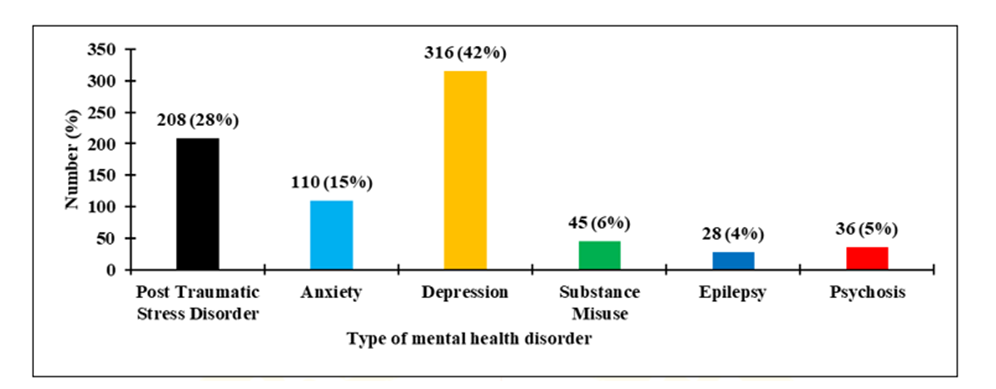Empowering Communities with the Mental Health Gap Action Programme in Nasarawa State, Nigeria (2019-2021)
DOI:
https://doi.org/10.62050/7freem16Keywords:
Mental health, Disorders, mhGAP, WHOAbstract
A 14% global burden of mental, neurological, and substance use disorders exists, of which 75% of the people affected in low-income countries do not have access to treatment. An assessment of the short-term results of the WHO Mental Health Gap Action Programme (mhGAP) using a cross-sectional retrospective study in Nasarawa State (2019-2021) utilized secondary data (total sampling technique) from 10 communities in 3 focal Local Government Areas. Ten Mental Health interventions utilized by mhGAP included community-based efforts by community and religious leaders, local government teams, media conducting meetings and home visits, thus increasing awareness and number of referrals to focal Primary Health Care Centres (PHCs) for care and treatment. This also helped dispel rumor and misconceptions on the causes of mental ill health. PHCs were strengthened by capacity building activities (step down mental health disorder trainings resulting in an increase of 40% in knowledge and skills of health care workers at PHCs and General Hospitals), re-activation of the Drug Revolving Fund and data management for mental health. With continued supportive supervision of healthcare workers at PHCs and communities, 29 Mental Health Self Help Groups were formed with 567 registered clients enrolled into care and treatment at the health facilities. Depression was the commonest mental health disorder diagnosed (42%), least was epilepsy (4%). This decentralized healthcare community based mental health model showed increased access and utilization (743 mental disorders diagnosed, 200 fully recovered) of mental health services.
Downloads



